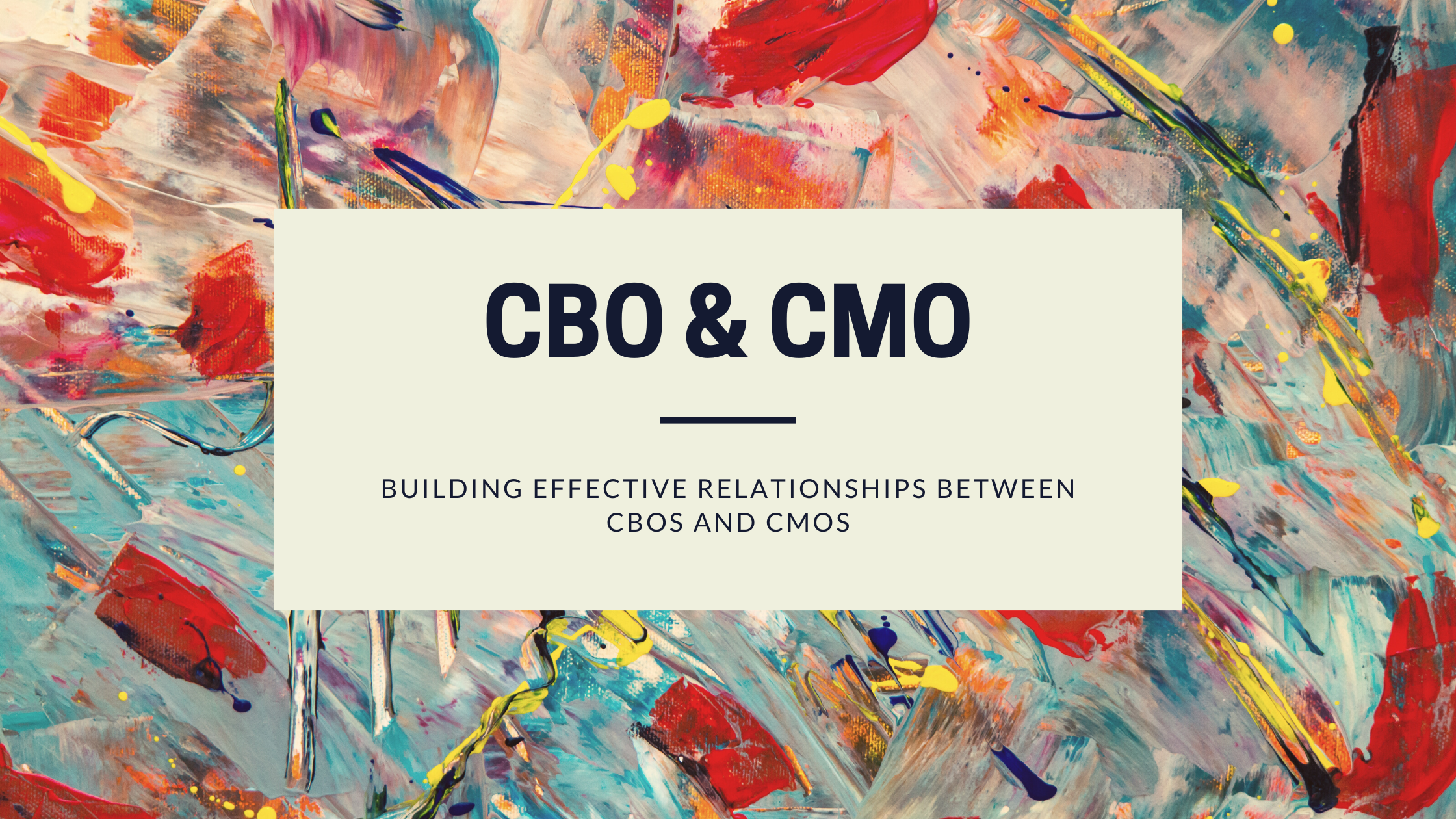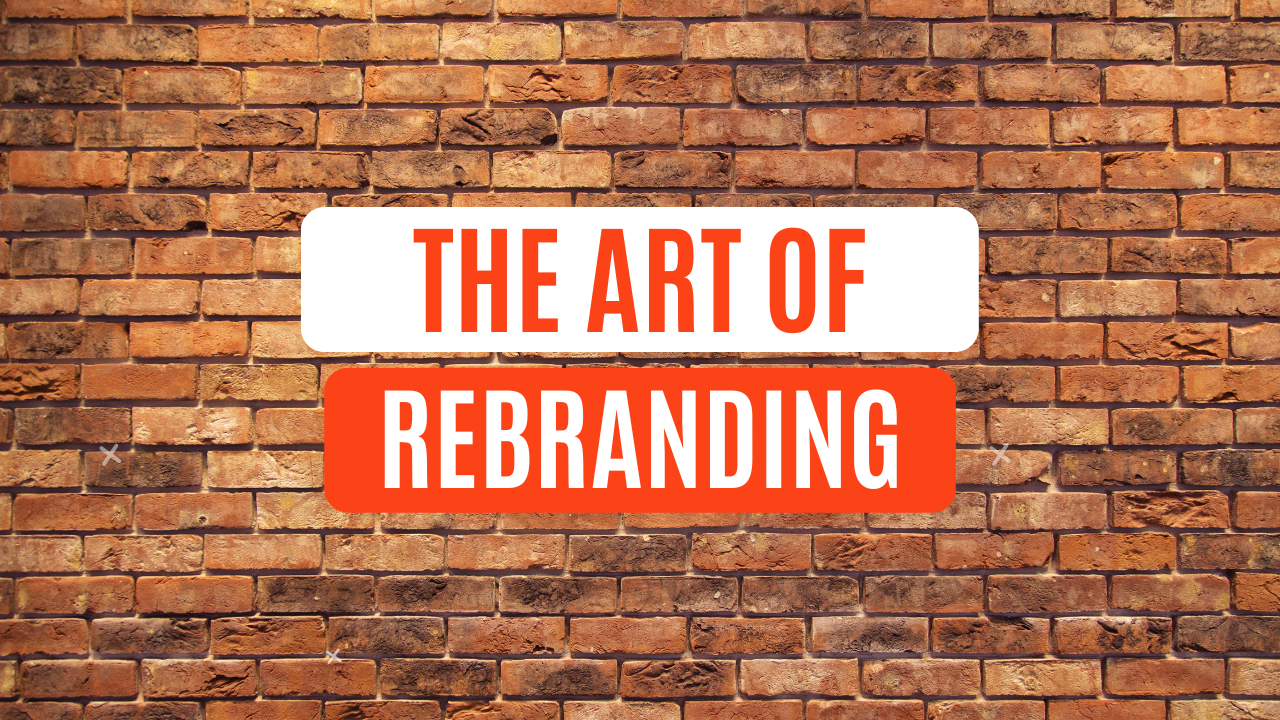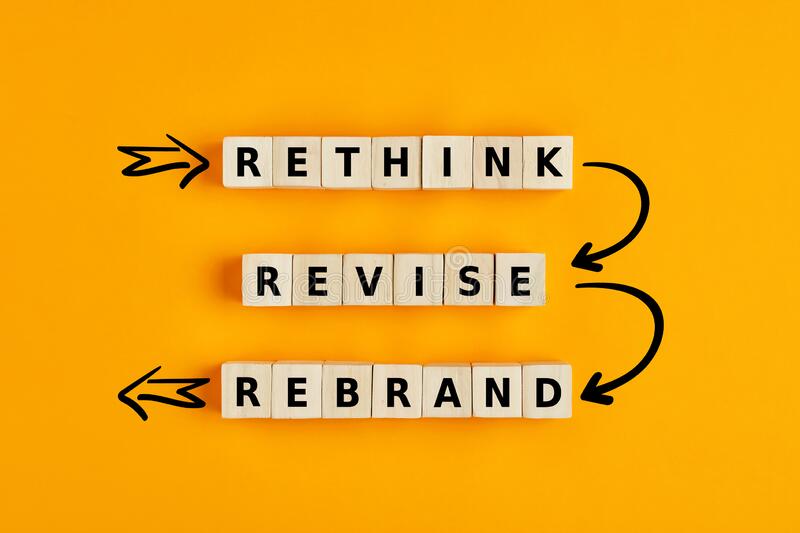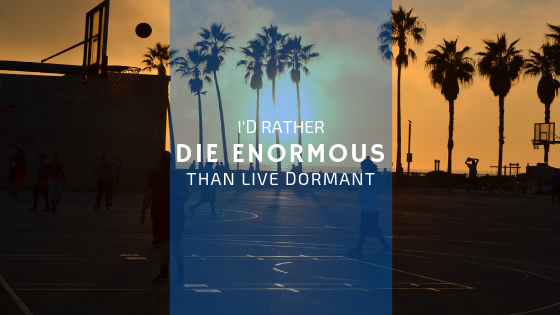What matters most is what drives our passions as individuals.
Why? Because almost every good idea has already been built. There is more creativity and more exploration to come, but right now, with so many ideas and so many products to sell and services to provide, what makes your brand unique is you. No one can duplicate your long—term vision and unwavering commitment and enthusiasm to make it into a reality. Group buying had been tried a hundred times before Groupon. Video sites existed before YouTube and social networking existed prior to Facebook being founded. But what made Groupon, YouTube and Facebook successful was ultimately passion. Passion to make the idea into a reality, passion for the long-term vision, and passion to listen to customers who used the product.
Randy Komisar has written a great book about translating your passion into a business. His philosophy is: if you can’t see yourself doing this business for the rest of your life, don’t start it. In other words, he wants to see passion and purpose in business. This book is entitled The Monk and the Riddle: The Art of Creating a Life While Making a Living, and it talks not just about the benefits reaped in a business sense, but also in a personal sense, by working passionately.
To oversimplify it I would say missionary entrepreneurs are principally about the mission and mercenary entrepreneurs are principally about the money. In this interview with Inc. magazine Randy Komisar says: “I think today you have two kinds of entrepreneurs: mercenary and missionary company builders. Mercenary entrepreneurs, -today disproportionately running consumer-web businesses- are young, aggressive and ambitious people, which are all good qualities, but they have no broad picture or purpose. They are getting lots of ‘eyeballs’ and ‘users’ but aren’t delivering any significant value. Missionary entrepreneurs, -more often found running life sciences, green technology, infrastructure or deep sciences businesses- have a bigger goal beyond just making money. For missionaries, it is not about buying low and selling high or getting out quickly; it’s about building something sustainable so that you can have the kind of impact you want and accomplish your greater purpose.
And if you have a few minutes, John Doerr of Kleiner Perkins does a great job in this short video of explaining the difference, in his eyes, between missionary entrepreneurs and mercenary entrepreneurs.
For greater insight into what drives us and how passion can develop, listen to this great interview about understanding the deeper reasons for the experiences that motivates us: All Day Everyday My Brother Thinks About the Ocean “Within Nina Katchadourian’s family, her brother Kai has pursued a career as a professional windsurfer, allowing him an access to a kind of knowledge and experience very far from that of the academic interests of the rest of her family. In different ways, Katchadourian’s parents and Nina herself have tried to understand Kai’s obsession and complex relationship to the ocean.”
The most important part of building a great company is not coming up with a great idea, but demonstrating you have the passion and know-how to execute the idea that stems from your passion. Always pitch yourself, not your idea. That is the way that you get peers, investors, employees, and customers to believe in what you do as much as you believe in what you do.





